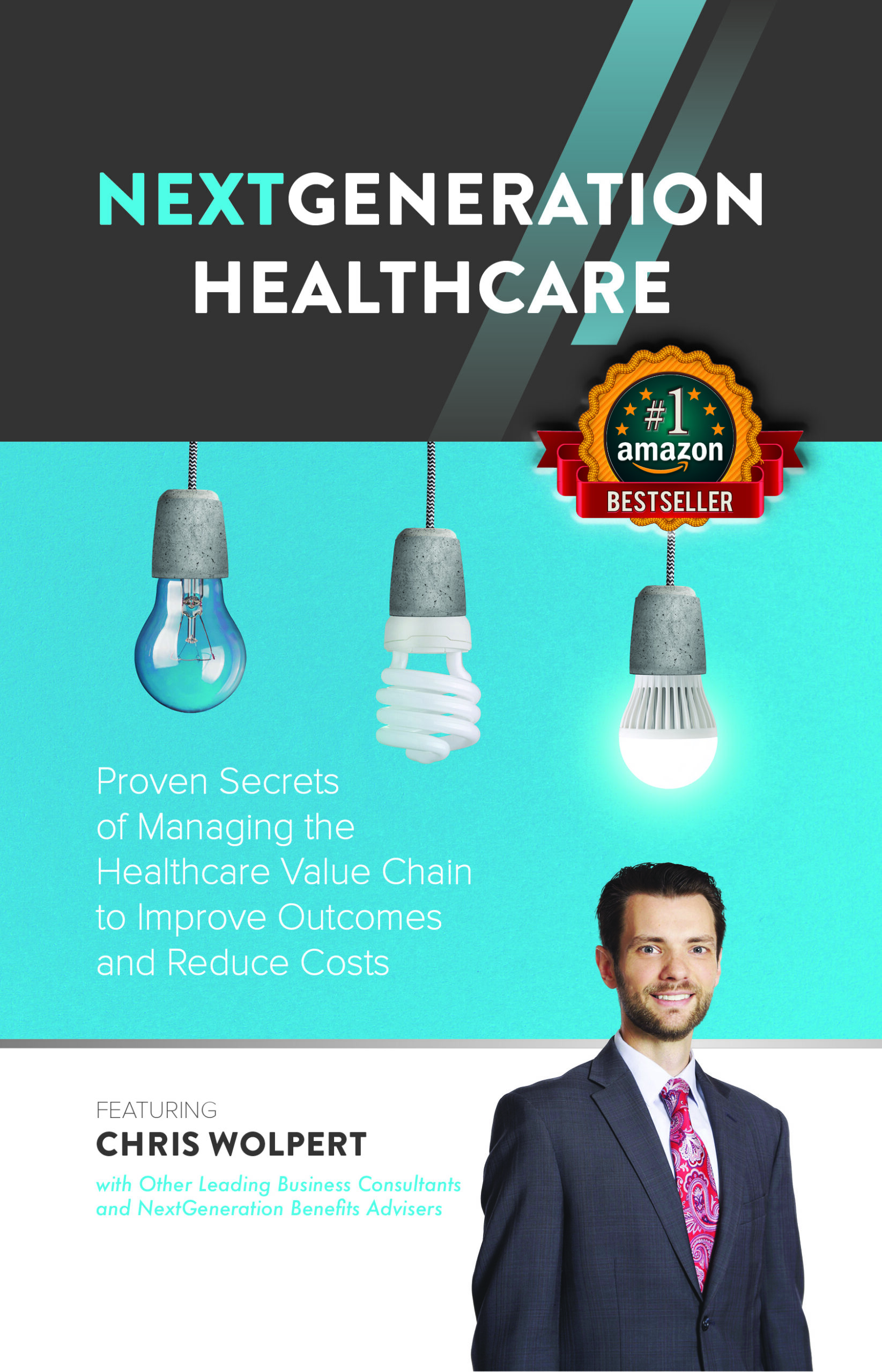- Which tests are appropriate?
- What are the standards for protecting workers’ privacy?
- Should employees be paid for the time they wait in line to be tested?
- Should you get written consent?
- How will you ensure that the policy is applied consistently?
- Invasion of privacy
- Failure to protect employees’ personal health information
- Discrimination
- Retaliation
- Wage and hour actions if waiting for testing takes time.
What you can do
Typically, employers would not be allowed to test a worker’s temperature for a specific disease, but these are unusual times and the threat of infection is too great. Most lawyers are interpreting the EEOC guidance as meaning that employers may take steps to determine whether employees entering the workplace have COVID-19 because an individual with the coronavirus will pose a direct threat to the health of others. Therefore, an employer may choose to administer COVID-19 testing to employees before they enter the workplace to determine if they have the virus. To cover your bases, you should plan your testing in detail, including:- How you will be conducting tests (providing at-home test swab kits, testing upon arrival, or offsite).
- Designate a person who is authorized to conduct tests.
- Document how you will be administering tests.
- Plan for how you will account for false positives or false negatives.
- Decide how often should you be testing.
- Budget for the testing.
- What will you do if a worker tests positive or has a fever (if you are just checking temperatures)?
- Don’t have exceptions to the policy or, if you do, keep them to a minimum. The more exceptions to a policy, the more likely you are to be sued.
- The policy should comply with guidance from the Centers for Disease Control and Prevention, such as using non-contact thermometers and ensuring social distancing during the process.

